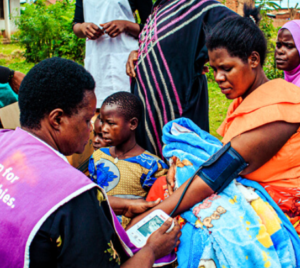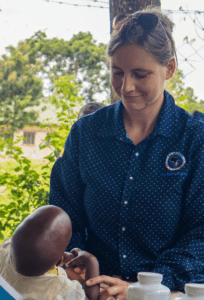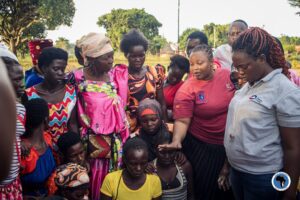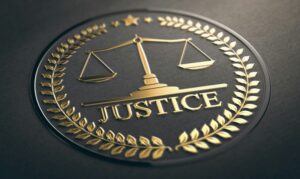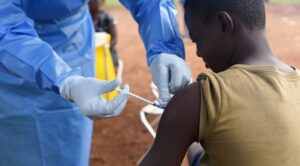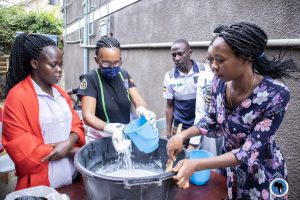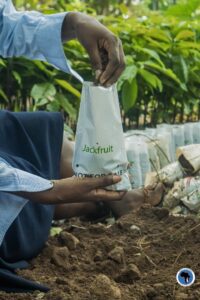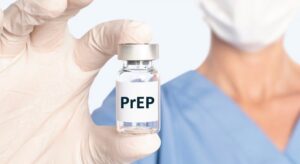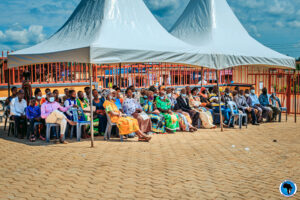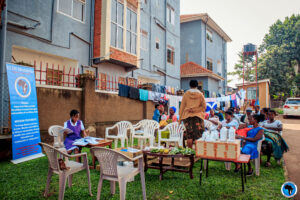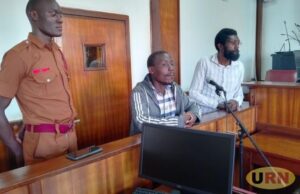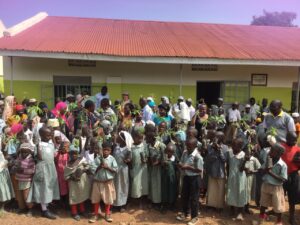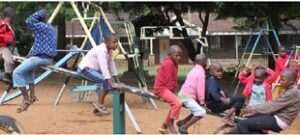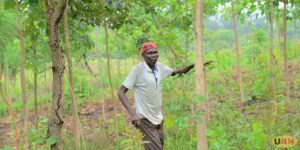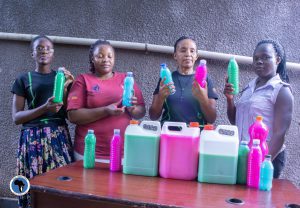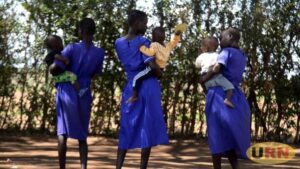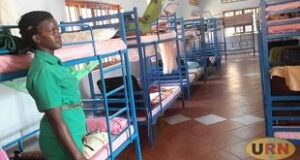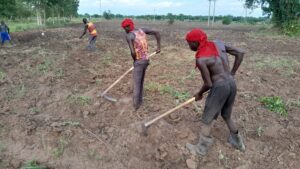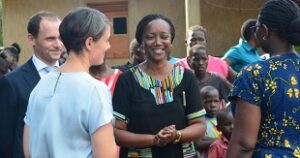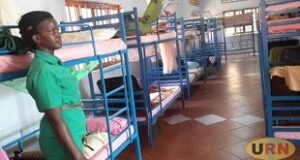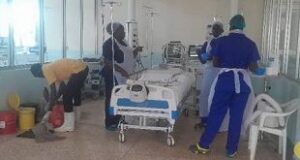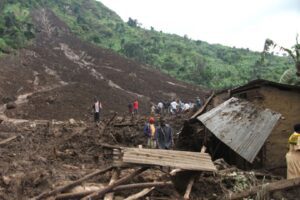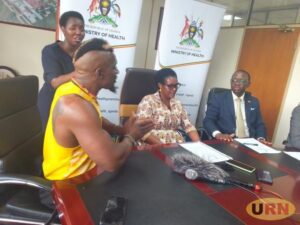Healing Hands: Ensuring Accessible Healthcare for All
Introduction
Access to healthcare is a universal right yet remains out of reach for many around the globe. This blog post examines the critical role NGOs and volunteers play in delivering healthcare to underserved populations, showcasing stories of resilience and innovation.
Healthcare Realities
Globally, healthcare disparities affect millions, often dictated by geographic, economic, or social factors. In rural Africa, for instance, long distances to clinics and a shortage of medical staff mean basic healthcare is often inaccessible. Personal stories, like that of Amina, a mother who lost her child to a preventable disease, highlight the urgent need for equitable healthcare solutions.
Community Health Initiatives
Community health initiatives play a vital role in addressing these gaps. In India, community health workers (CHWs) are trained to provide essential services in remote areas, reducing child mortality rates significantly. Similarly, mobile clinics in South America bring medical services to isolated communities, offering regular check-ups and education on preventive care.
These initiatives not only provide immediate care but also empower communities through education and self-management skills, helping to break cycles of disease and poverty.
Innovation in Health Access
Innovations in technology are transforming healthcare access. Telemedicine initiatives allow doctors to reach patients in remote areas, providing consultations and follow-ups without the need for travel. In Mexico, drones deliver medical supplies to hard-to-reach villages, ensuring quick and reliable access to essential medicines.
Such futuristic approaches are not only cost-effective but also have a tremendous impact on health outcomes, offering solutions once thought impossible.
Opportunities for Involvement
Individuals can make a significant impact on healthcare accessibility. Volunteering in medical missions, supporting NGOs financially, or advocating for healthcare policies are all ways to contribute. Training as a community health advocate in your own neighborhood can also help educate and assist those in need.
Consider Dr. Lucas, who dedicates weekends to training local volunteers in first aid and basic healthcare practices. His efforts have empowered communities and created enduring networks of support.
Conclusion
Healthcare is not just a service but a lifeline that everyone deserves access to. By supporting healthcare initiatives and advocating for equity, we help ensure healthier futures for the most vulnerable populations. Join the movement to bridge healthcare gaps and transform lives through compassionate, innovative actions.



